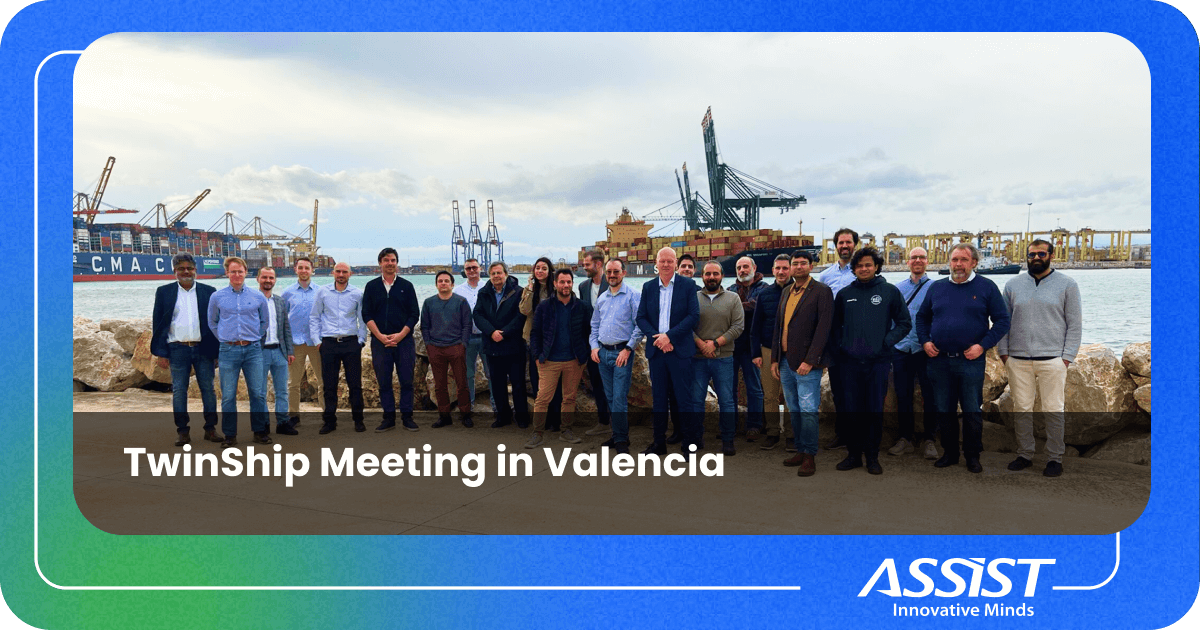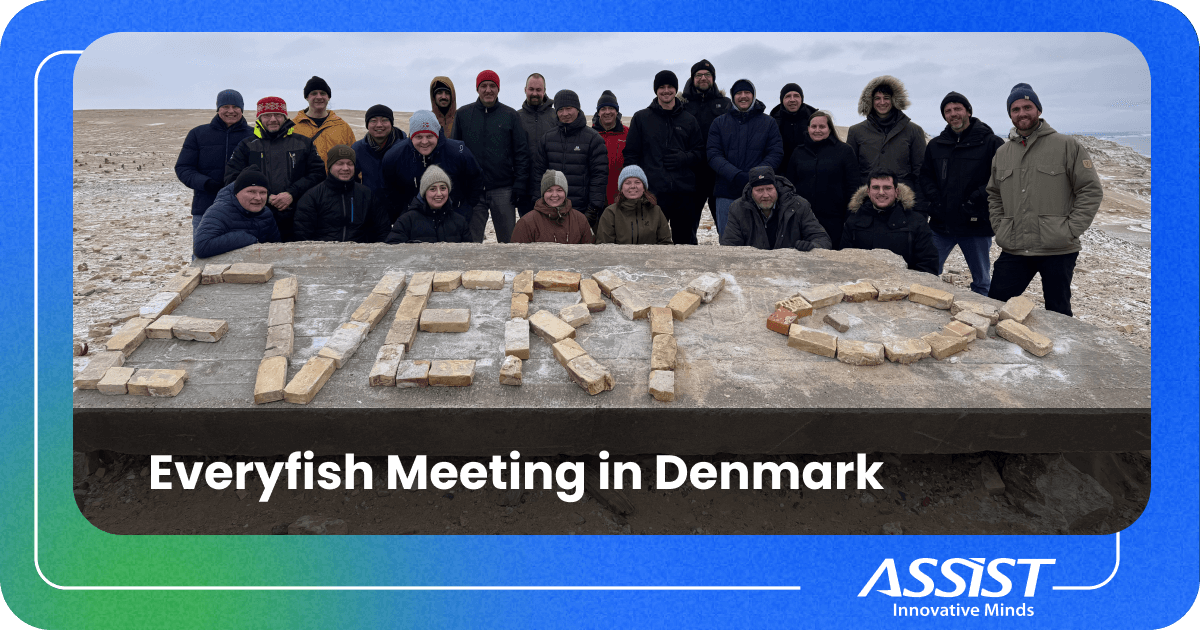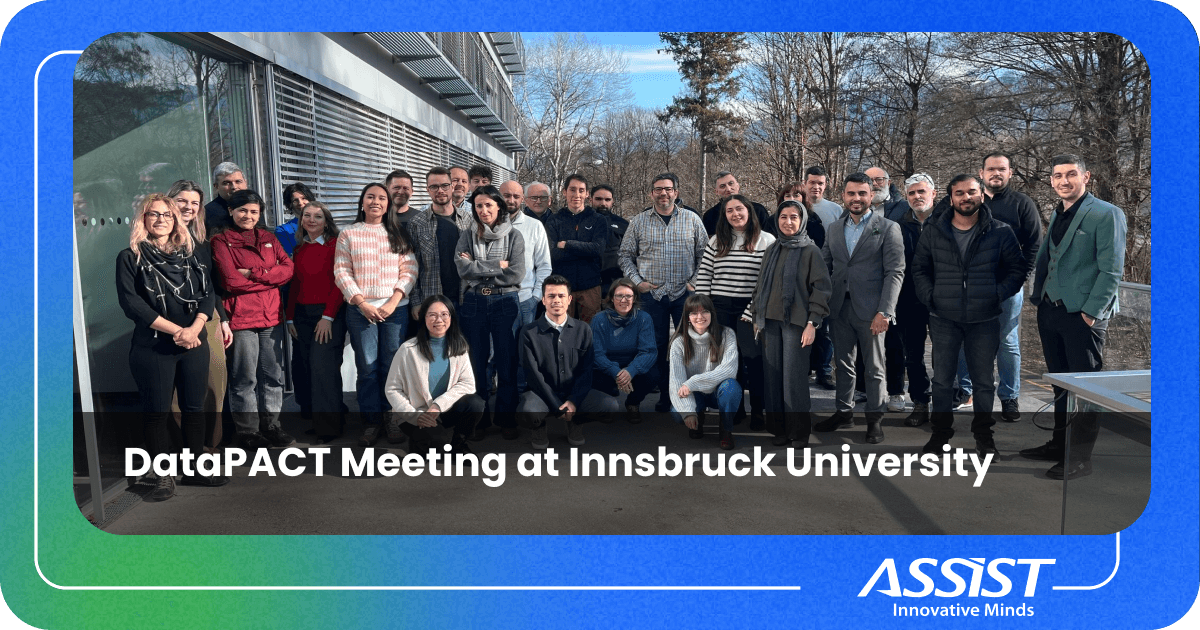How AI Agents Will Shape 2025

AI agents are autonomous systems programmed to perceive their environment, make decisions, and execute actions without continuous human intervention. Unlike traditional software, which follows predefined workflows, AI agents employ machine learning, natural language processing (NLP), and reinforcement learning to adapt and improve over time. They operate across various domains, such as customer service, operations, supply chain management, and even strategic planning.
These agents can generate human-like text, perform complex problem-solving, and automate content creation or data analysis tasks. DeepMind's AlphaZero showcased how AI agents can master strategic decision-making, outperforming world champions in chess and Go within hours of training.

- Market Growth
The global AI software market is projected to reach $126 billion by 2025, growing at a compound annual growth rate (CAGR) of 35.6% from 2021 to 2025 (Statista, 2023). A significant portion of this growth is driven by AI agents, which enable businesses to automate processes, reduce costs, and enhance customer experiences.
- Efficiency Gains
A McKinsey report from 2023 revealed that companies implementing AI-driven automation reported up to a 40% reduction in operational costs and a 30% increase in productivity. AI agents are particularly effective in repetitive tasks, allowing human employees to focus on higher-value work.
- Competitive Advantage
AI adoption correlates strongly with competitive performance. According to Gartner's 2023 survey, 84% of organizations using AI reported a direct improvement in decision-making speed and quality. In a world where agility defines success, AI agents' ability to process vast datasets and deliver actionable insights can be a game-changer.

Maturity of Technologies
Several converging factors make 2025 a tipping point for AI agents:
Advancements in NLP and Machine Learning: AI Models enable more human-like interactions, making AI agents suitable for complex, conversational tasks.
Edge Computing: AI agents embedded in IoT devices will offer real-time decision-making capabilities critical for industries like manufacturing and logistics.
- Regulatory Frameworks: Governments worldwide are establishing guidelines for ethical AI use, reducing barriers to adoption.
Business Trends
IDC's forecast shows that over 90% of enterprises will deploy AI in at least one critical process in 2025. AI agents will no longer be experimental; they will be integral to business models, spanning marketing, HR, finance, and customer engagement.
Technical Insights: Building AI Agents
Developing robust AI agents requires:
- Data Infrastructure: Successful AI systems rely on high-quality, diverse datasets. Investing in data pipelines and governance is paramount.
- Algorithmic Excellence: Reinforcement learning and advanced neural networks enable AI agents to learn from experience and adapt to dynamic environments.
- Scalability: Cloud platforms like AWS, Google Cloud, and Azure provide the computational resources necessary to train and deploy AI agents efficiently.
- Ethics and Transparency: Building trust in AI requires explainability. Frameworks like SHAP (SHapley Additive exPlanations) can help elucidate AI decision-making processes



